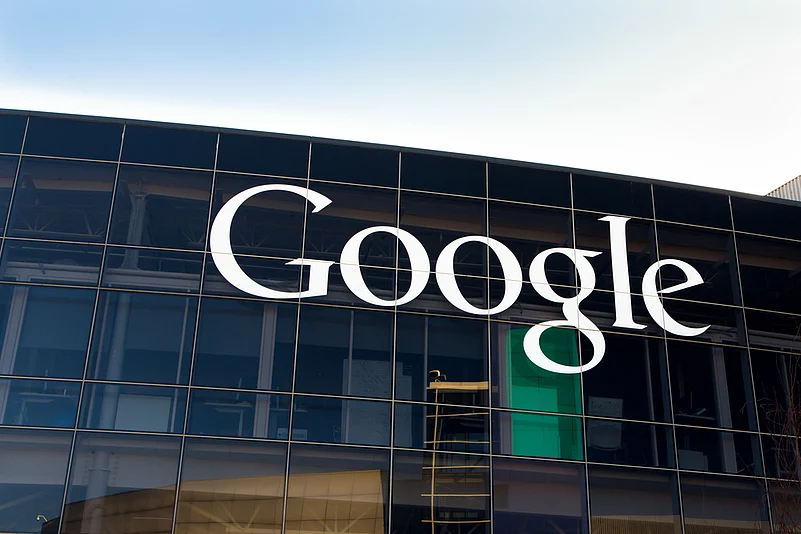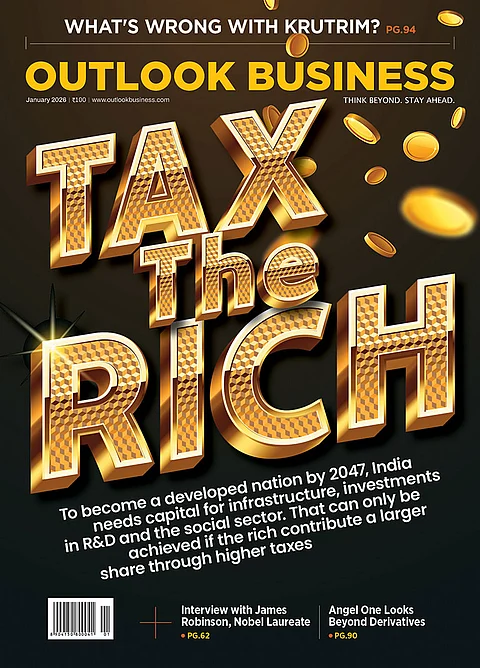Hearing in the landmark antitrust lawsuit against Google began this week, with the United States Department of Justice (DoJ) set to take on the California-based company over its dominance in the search engine market. The federal lawsuit argues that the company has illegally used its position to rig the market in its favour by paying $10 billion a year to several companies to have its search engine as the default option.
The lawsuit, which is being touted as the biggest tech case in the 21st century, is expected to be heard over the next 10 weeks in Washington. Justice Amit Mehta is set to hear arguments from top lawyers of the company and US government, with a ruling expected in early next year.
While the two battle it out in the court, the case has been compared to the landmark lawsuit which the US government won against Microsoft. The settlement the two agreed upon in the early 2000s has been cited as the reason behind the open market which helped in the rise of many internet era companies, including Google. Will the current lawsuit also be the 'Microsoft moment' for search engines?
The Microsoft Moment
Led by then CEO Bill Gates, Microsoft was the most dominant tech company in the market. It held over 90 per cent market share in operating system space through its flagship offering Windows. Given the fact that it was the time when most of users were able to access internet through computers only, the company's position was crucial.
Microsoft's dominance of the market has been compared with Google's search engine dominance in the current case. In its lawsuit, the federal government had accused Microsoft of illegally signing exclusive deals with PC markers and tying the internet explorer to its OS in an attempt to monopolise the market.
What ensued was a high profile battle covered by major publications of the US, with Gates forced to testify in front of the court over the claims of prosecutors. The trial in the case lasted for months and in November 1999, the judge released a fact sheet which mostly sided with the government. Justice Thomas Penfield Jackson, who heard the case, said that the Microsoft did use its dominant market position to curtail competition and "use its prodigious market power and immense profits to harm any firm that insists on pursuing alternatives".
Following the findings, the judge concluded in 2000 that the company had violated the Sherman law which governs of antitrust related matters. Justice Jackson asked the DoJ to submit possible remedies, following which the government suggested the breakup of the tech giant into two separate units for running its application and operating system businesses.
Microsoft quickly appealed the decision in the appeals court which set aside the remedy of breaking up the company. However, the court agreed with the ruling of Justice Jackson that the company sought to protect its monopoly in the market through anticompetitive practices.
The federal prosecutors had accused the company of making it difficult for users to download other companies' applications and delete the Explorer browser completely.
Both the federal government and Microsoft were urged by the court to reach a settlement. After mediation, both the parties were able to reach a settlement. The agreement curtailed the company from imposing restrictive contracts and allowed PC makers to install applications and software of other companies.
Just one month before the landmark case in 1998, Google started its operations. It was among the several other internet companies which benefitted from the relatively free market in the early 2000s. Life, it appears, has come full circle for the company as it stands on trial in the most high-profile tech case in decades.
Google On Trial
The Trump administration in 2020 filed the case against the tech giant. At the time, former Attorney General William Barr had said, "This lawsuit strikes at the heart of Google's grip over the internet for millions of American consumers, advertisers, small businesses and entrepreneurs beholden to an unlawful monopolist."
While parallels have been drawn between the case against Microsoft and Google, some have asserted that there are stark differences as well. While Google's presence is undoubtedly strong in the market, Microsoft acted as the gateway to the internet at the time when the case was filed.
In an interview to New York Times, Google's President of Global Affairs argued, "We think there are aspects of the Microsoft case that are actually very helpful to us here."
At the centre of the lawsuit are the payments made by Google to Apple and Samsung to be the default search engine on their devices. The company allegedly also has a deal with Mozilla, which runs the Firefox browser. Prosecutors also allege the company of rigging the market by forcing smartphone makers to bundle the search engine with Android.
The proceedings in the case are being closely watched by Google's search engine competitors, which includes DuckDuckGo. Its vice president of public affairs, Kamyl Bazbaz, said in an interview to npr, "Google has used its monopoly power to block meaningful competition in the search market by putting a stranglehold on major distribution points for more than a decade."
It remains to be seen whether the US government is able to once again win an antitrust case against a tech giant. While the legal theories remain the same, prosecutors will have to demonstrate over the next few weeks that the $1.7-trillion worth company has violated the country's antitrust laws. At the moment, all eyes are set on the courtroom of Justice Mehta who would decide the fate of search engine industry for the years to come.


























